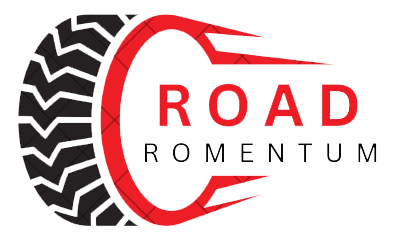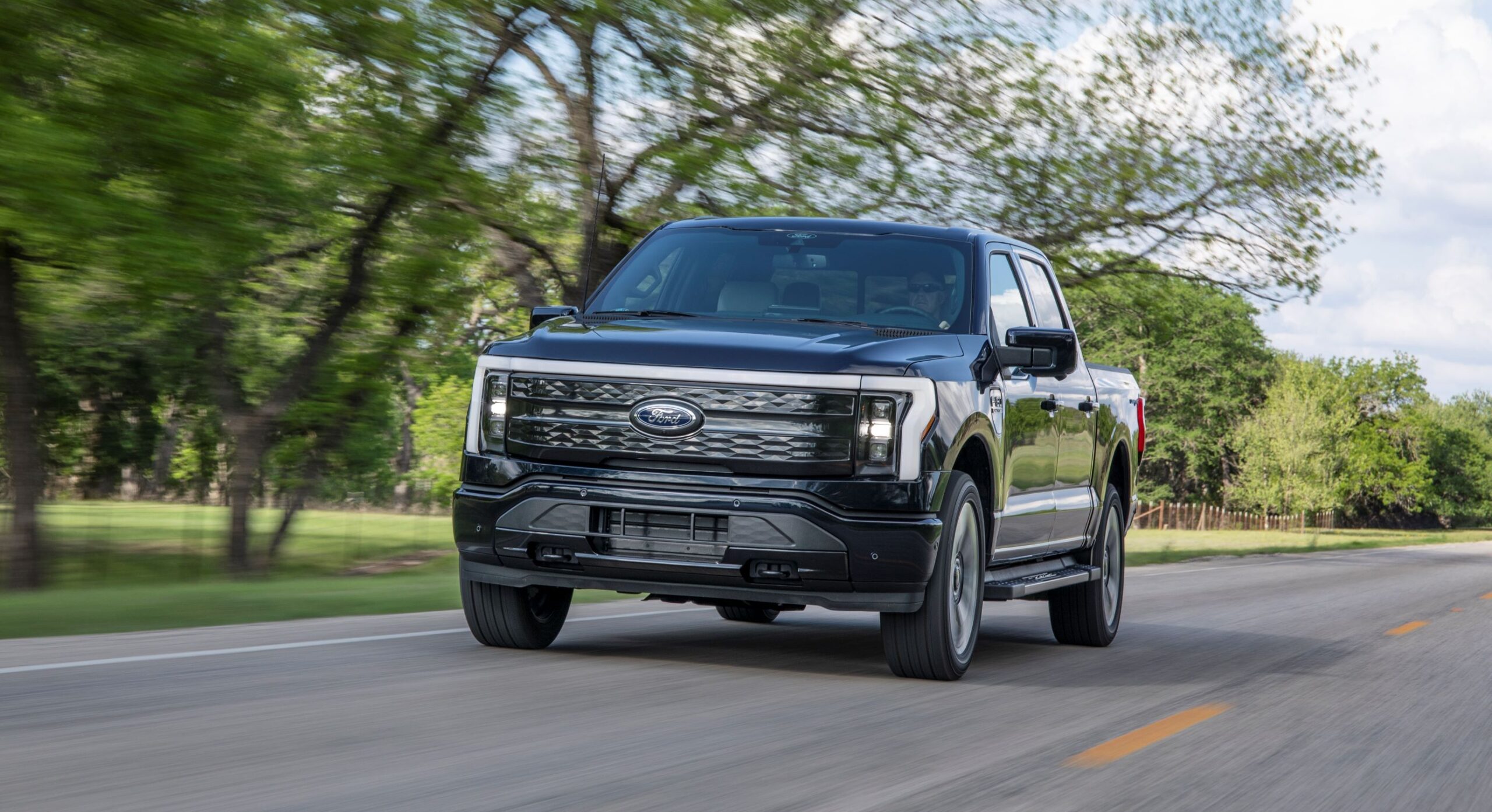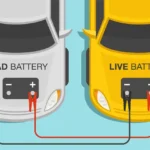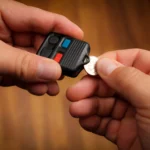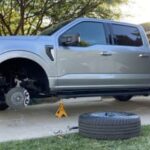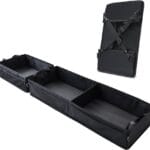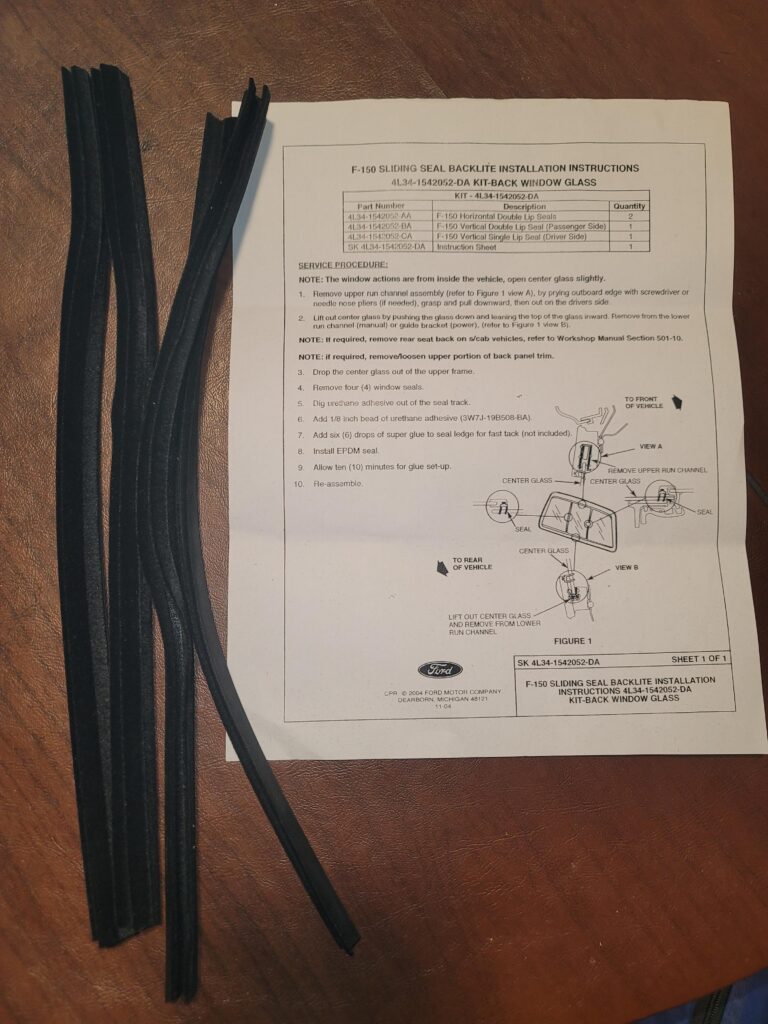Why is My F150 Not Starting? Troubleshooting Tips to Get Back on the Road
If your F150 is not starting, the most common causes are battery, battery cable, and alternator problems.
Common Causes Of A Non-starting F150
If you find yourself in a situation where your Ford F150 won’t start, there can be several potential causes behind it. Here are the most common reasons why your F150 may not be starting:
Battery Issues
A dead or weak battery is one of the primary reasons why your F150 may not start. If you turn the key and hear a clicking noise or the lights come on but the engine doesn’t crank, it’s likely a battery problem. This could be due to a discharged battery, loose or corroded battery cables, or a faulty alternator that is not charging the battery properly.
Ignition Switch Problems
If the headlights and other electrical components turn on, but the car won’t start, it could indicate an issue with the ignition switch. The ignition switch is responsible for initiating the starting process by sending power to the starter motor. If the ignition switch is faulty, it may not send the necessary signal to engage the starter motor, resulting in a non-starting F150.
Faulty Starter
A faulty starter can also cause your F150 to not start. The starter motor is responsible for cranking the engine and initiating the combustion process. If the starter motor is defective or worn out, it may not have enough power to turn the engine over. Signs of a faulty starter include a single click noise when turning the key or a grinding sound coming from the engine when attempting to start the vehicle.
If you are experiencing a non-starting F150, it’s essential to diagnose the specific issue to determine the appropriate course of action. While battery issues, ignition switch problems, and a faulty starter are the most common causes, other factors such as fuel delivery problems, ignition system malfunction, or engine issues should also be considered and inspected.
References:
- https://www.vehiclehistory.com/articles/why-wont-your-ford-f-150-start
- https://www.carparts.com/blog/bad-starter-symptoms/
- https://www.nsford.com/service-parts-information/why-isnt-my-ford-starting/
- https://repairpal.com/ford/key-wont-turn
/cdn.vox-cdn.com/uploads/chorus_image/image/72287561/GettyImages_1482217864.7.jpeg)
Credit: www.vox.com
Troubleshooting Tips For Non-starting F150
Are you having trouble starting your Ford F150? Don’t worry, we’ve got you covered with some troubleshooting tips to help you get back on the road. In this section, we will focus on three key areas: checking the battery and connections, inspecting the ignition system, and testing the starter motor.
Check Battery And Connections
An often overlooked but common cause of a non-starting F150 is a faulty battery or loose connections. Here are some steps you can take to troubleshoot this issue:
- Inspect the battery for any signs of damage or corrosion.
- Check if the battery terminals are securely fastened and free of any debris.
- Test the battery voltage using a multimeter. A healthy battery should have a voltage reading of around 12.6 volts.
- If the battery voltage is low, jump-start the vehicle and see if it starts. If it does, it may indicate a failing battery that needs to be replaced.
Inspect Ignition System
If you can turn on the headlights but the car still won’t start, there may be an issue with the ignition system. Here’s what you can do:
- Check the ignition switch for any signs of wear or damage.
- If the ignition switch is faulty, consider replacing it with a new one.
Test Starter Motor
If the battery and ignition system are in good condition but the F150 still won’t start, it’s time to test the starter motor. Follow these steps:
- Locate the starter motor underneath the vehicle.
- Inspect the starter for any signs of damage or corrosion.
- Check the starter solenoid and wiring connections for tightness.
- Using a multimeter, test the starter motor for proper voltage and continuity.
- If the starter motor fails the test, it may need to be replaced.
By following these troubleshooting tips, you can diagnose and potentially fix the issue causing your F150 not to start. Remember, it’s always a good idea to consult a professional mechanic if you’re unsure or uncomfortable performing these tests yourself.
Specific Problems And Solutions
When your Ford F150 fails to start, it can be frustrating and leave you wondering about the specific problems that may be causing this issue. In this section, we will explore some of the common causes and provide solutions to help you get your F150 up and running again.
Symptoms Of A Dead Battery
If you turn the key and nothing happens, or you hear a clicking noise, it could be an indication of a dead battery. To confirm this, check if your headlights and other electrical components are working properly. If they appear dim or weak, it’s likely that your battery needs to be charged or replaced.
Replacing The Ignition Switch
Another potential problem that can prevent your F150 from starting is a faulty ignition switch. If the lights turn on but the car won’t start, this could be the culprit. Replacing the ignition switch is a relatively affordable and straightforward solution to this issue.
Repairing Or Replacing The Starter Motor
In some cases, the starter motor of your F150 may be the cause of the starting problem. If you hear a clicking noise when you turn the key, it could indicate a faulty starter motor. Repairing or replacing the starter motor can resolve this issue and get your truck back on the road.
It’s important to note that these are just a few of the potential problems that could be preventing your F150 from starting. If none of these solutions work, it may be best to consult a professional mechanic to diagnose and fix the issue.
Other Possible Issues
While battery, battery cable, and alternator problems are common reasons why your Ford F150 may not start, there are other components that could be causing the issue. Here are some other possible issues you should consider:
Faulty Electrical Connection
A faulty electrical connection can prevent your F150 from starting. This could be due to loose or corroded wiring connections, a bad ground connection, or a damaged fuse. It’s important to thoroughly inspect all electrical connections and ensure they are secure and free from corrosion. If any issues are found, they should be repaired or replaced as needed.
Spark Plug Problems
Spark plug problems can also lead to difficulties starting your F150. If the spark plugs are worn out or fouled, they may not spark properly, resulting in a weak or no spark to ignite the fuel in the engine. Inspecting and replacing the spark plugs at regular intervals can help prevent starting issues related to spark plug problems. Additionally, checking the spark plug wires for damage or wear is also important.
Issues With Engine Computer
The engine computer, also known as the powertrain control module (PCM), plays a crucial role in starting and running your F150. If there are issues with the PCM, such as a faulty sensor or a software glitch, it can lead to starting problems. In such cases, diagnosing and repairing the PCM may be necessary. It’s recommended to consult a professional mechanic or use diagnostic tools to pinpoint any issues with the engine computer.
In conclusion, while battery, battery cable, and alternator problems are common causes for a Ford F150 not starting, other issues such as faulty electrical connections, spark plug problems, and issues with the engine computer should also be considered. By thoroughly inspecting and addressing these potential issues, you can increase the chances of getting your F150 back on the road.
Preventing Future Non-starting Issues
Dealing with a non-starting Ford F150 can be a frustrating experience. To avoid being stranded in the future, it’s important to take preventive measures and ensure the proper maintenance of your vehicle’s key components. By following these steps, you can minimize the chances of encountering non-starting issues in the future:
Regular Battery Maintenance
Regular battery maintenance is essential to keep your F150 running smoothly. The battery is one of the most common culprits when it comes to non-starting issues. To prevent this, make sure to:
- Check the battery terminals for any signs of corrosion and clean them regularly.
- Inspect the battery cables for any fraying or damage, and replace them if necessary.
- Test the battery’s voltage regularly to ensure it is holding a charge within the recommended range.
- Consider investing in a battery tender or maintainer to keep the battery charged when the vehicle is not in use for extended periods.
Inspection And Maintenance Of Ignition System
The ignition system is another crucial component to consider when preventing non-starting issues. Here are some steps to take:
- Regularly check the ignition switch for any signs of wear or damage. If the switch is faulty, it can prevent the F150 from starting.
- Inspect the ignition cylinder and security system for any malfunctions that may disrupt the starting process. If any issues are detected, consult a professional for repairs.
- Ensure the key is working correctly and not causing any problems. If necessary, consider getting a spare key to avoid any issues in case the original key becomes damaged or worn out.
Proper Starter Motor Care
The starter motor is responsible for turning the engine over and starting the vehicle. Follow these maintenance tips to keep it in optimal condition:
- Regularly inspect the starter motor for any signs of wear or damage, such as loose connections or worn-out parts.
- Clean the starter motor and associated components to remove any dirt or debris that may affect its performance.
- Ensure that the starter motor is receiving proper voltage and that the electrical connections are secure.
- If you notice any clicking noises when starting the vehicle, have the starter motor tested by a professional to determine if it needs to be replaced.
By following these preventive measures, you can reduce the risk of non-starting issues with your Ford F150. Taking care of your battery, ignition system, and starter motor will help ensure that your vehicle starts reliably every time.
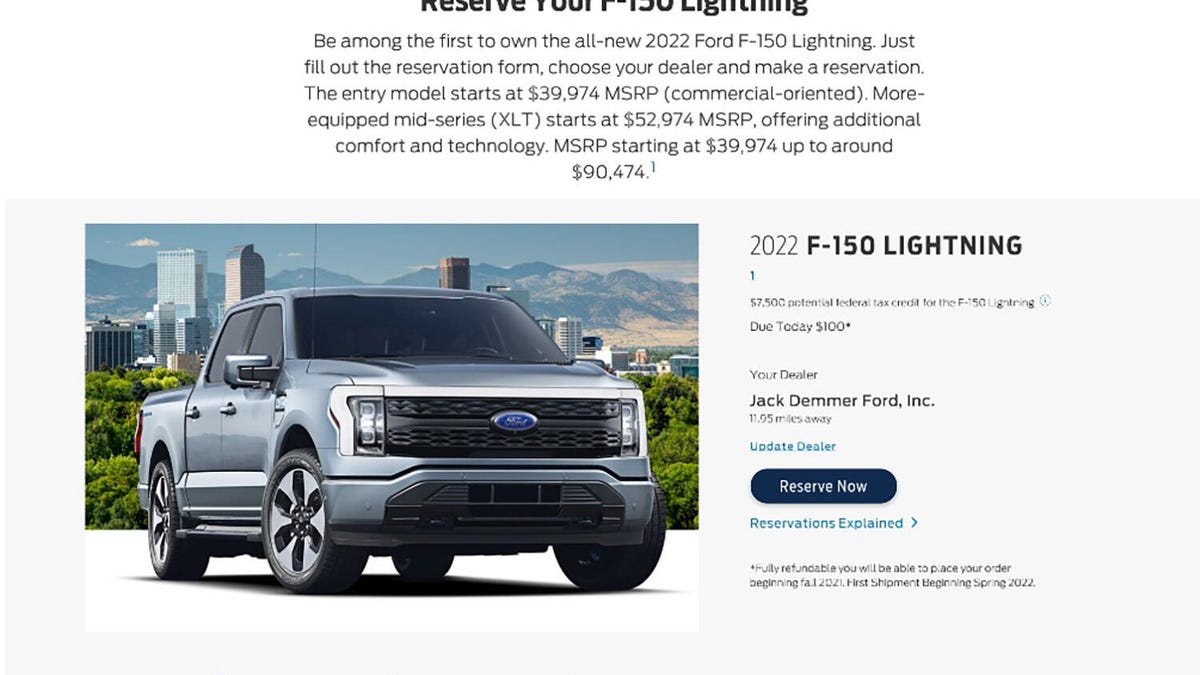
Credit: www.cnet.com
Credit: www.wendlefordsales.com
Frequently Asked Questions For Why Is My F150 Not Starting
Why Is My Ford F-150 Clicking But Not Starting?
The most common cause for your Ford F-150 to click but not start is a problem with the battery, battery cable, or alternator. Check these components first for any issues.
How Do I Know If My F150 Starter Is Bad?
To determine if your F150 starter is bad, check for a clicking noise when you turn the key. However, keep in mind that battery, battery cable, and alternator issues are often the main culprits for this problem.
Why Isn T My Ford Starting?
If your Ford isn’t starting, the most common causes are battery, battery cable, or alternator problems. However, it could also be an issue with the ignition switch or other components. If the headlights turn on but the car won’t start, you might need a new ignition switch.
Remember to check these components before seeking further assistance.
Why Won’t My Ignition Turn In My F150?
The ignition in your F150 may not turn due to a dead battery, a faulty ignition switch, or problems with the battery cable or alternator. Check the battery, battery cable, and alternator for any issues that may be causing the clicking noise.
Consider replacing the ignition switch if necessary.
Conclusion
To troubleshoot why your F150 is not starting, it’s important to check common culprits like the battery, battery cables, and alternator. These components are often the cause of a click or clicking noise when you turn the ignition. However, other potential issues could include a faulty ignition switch or problems with the security system.
If your headlights turn on but the car won’t start, consider replacing the ignition switch. Remember to consult a professional if you’re unsure or need further assistance.
